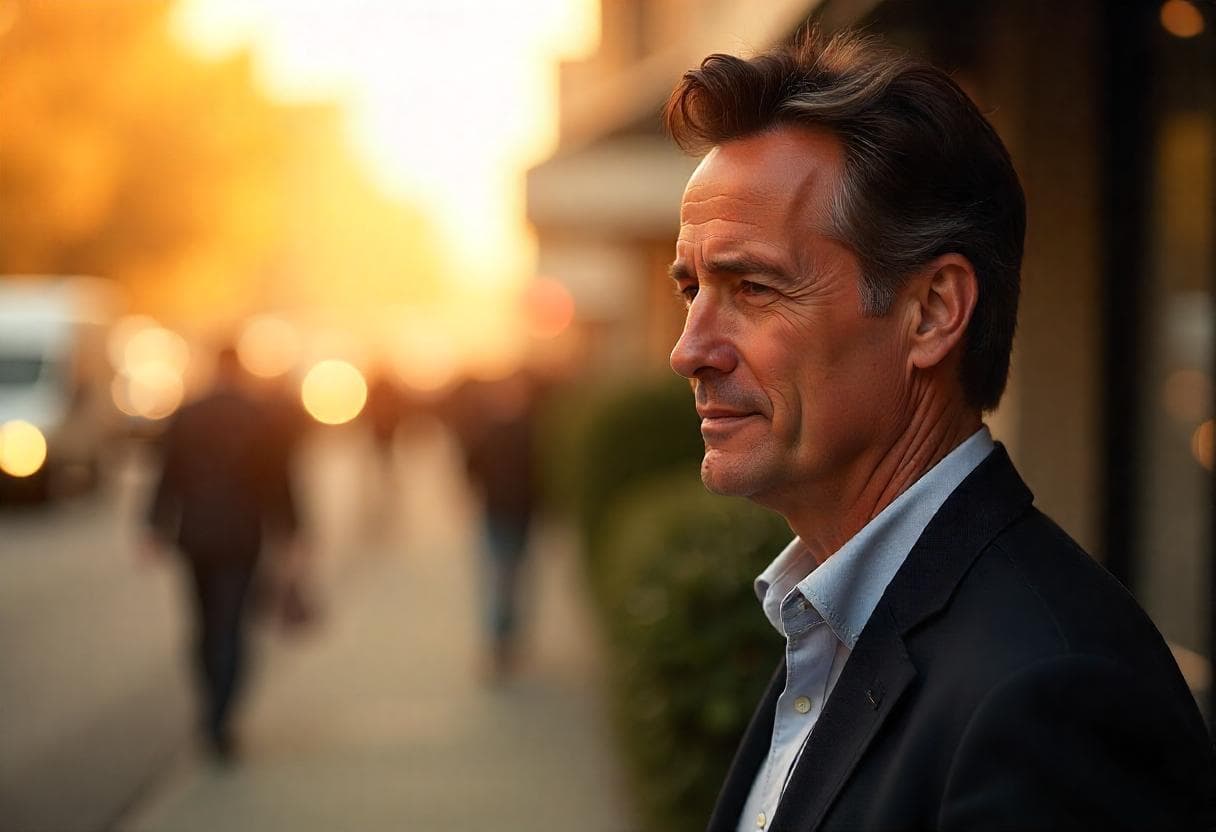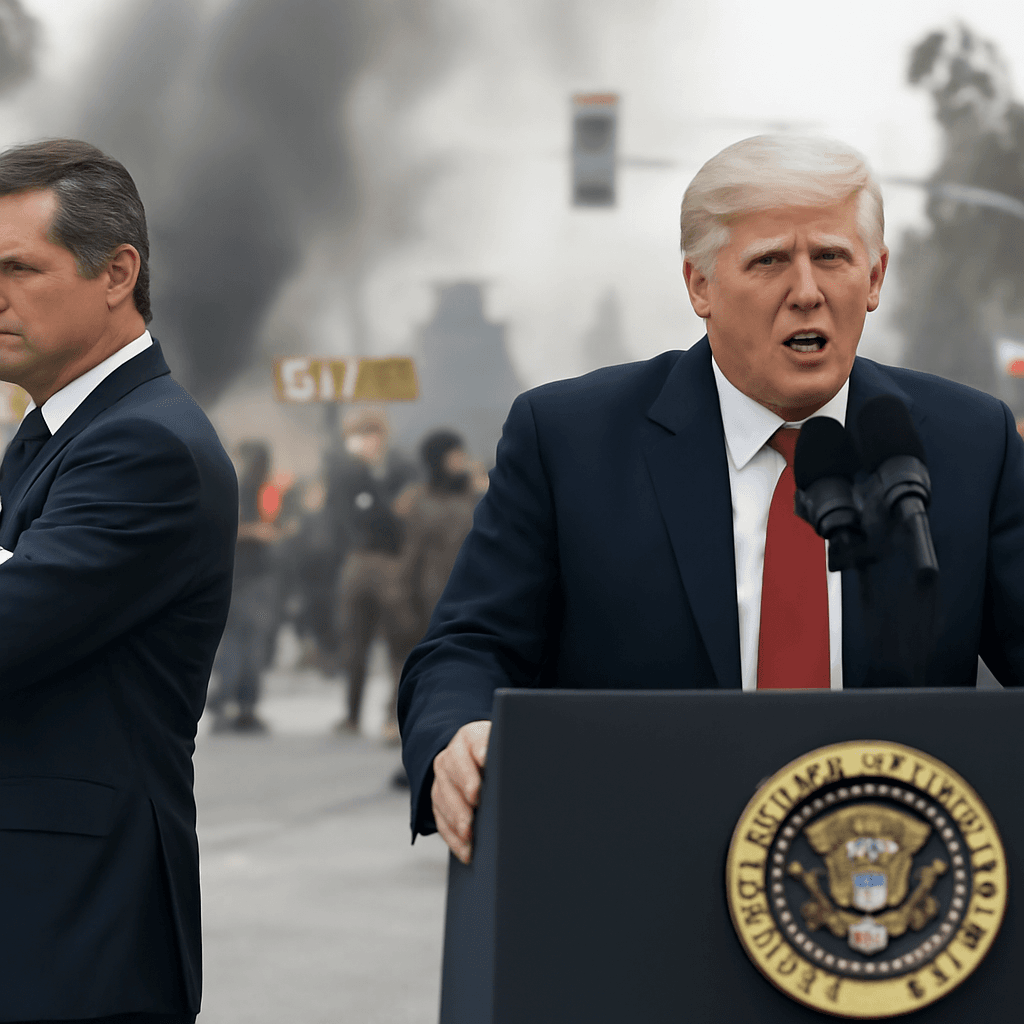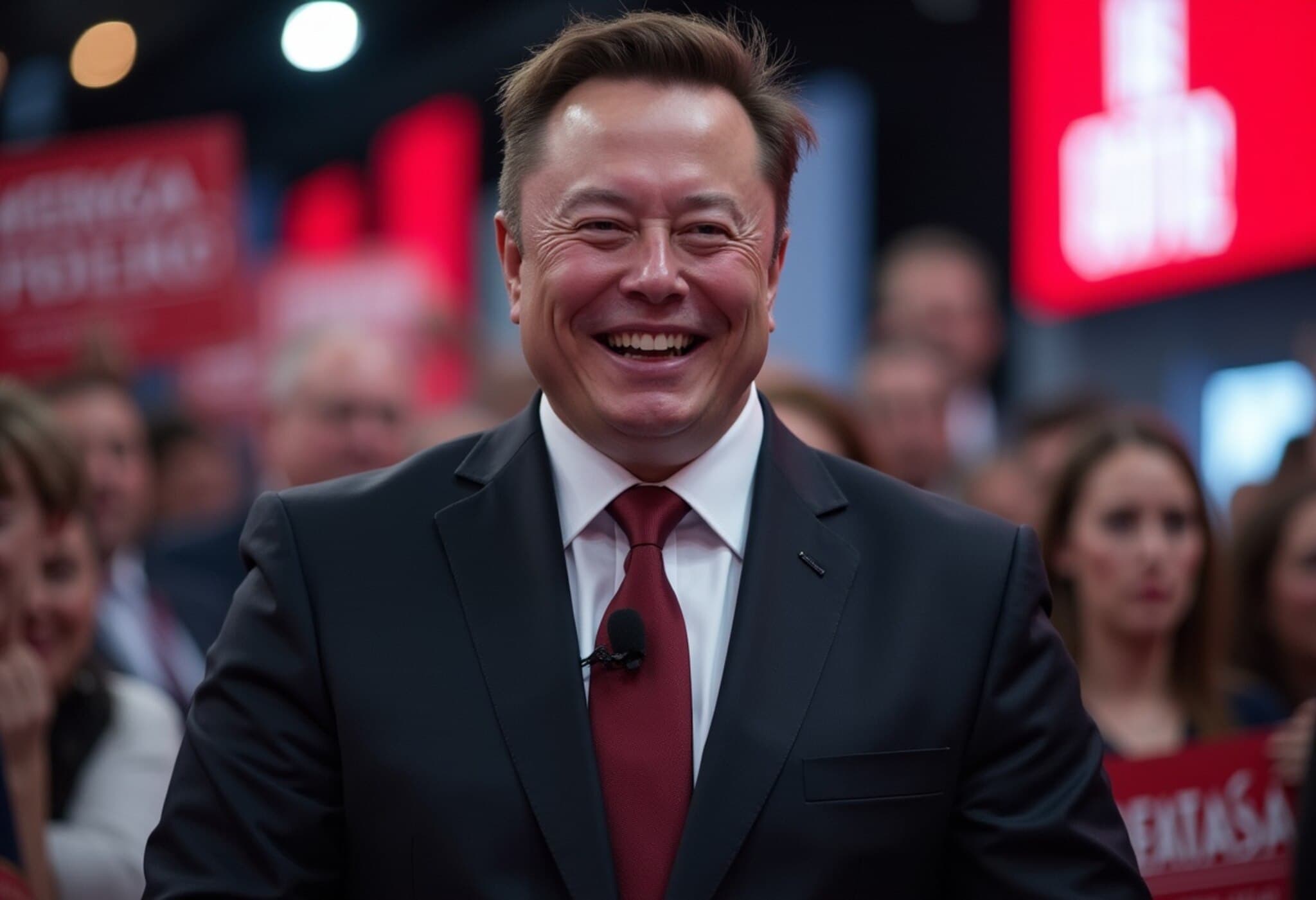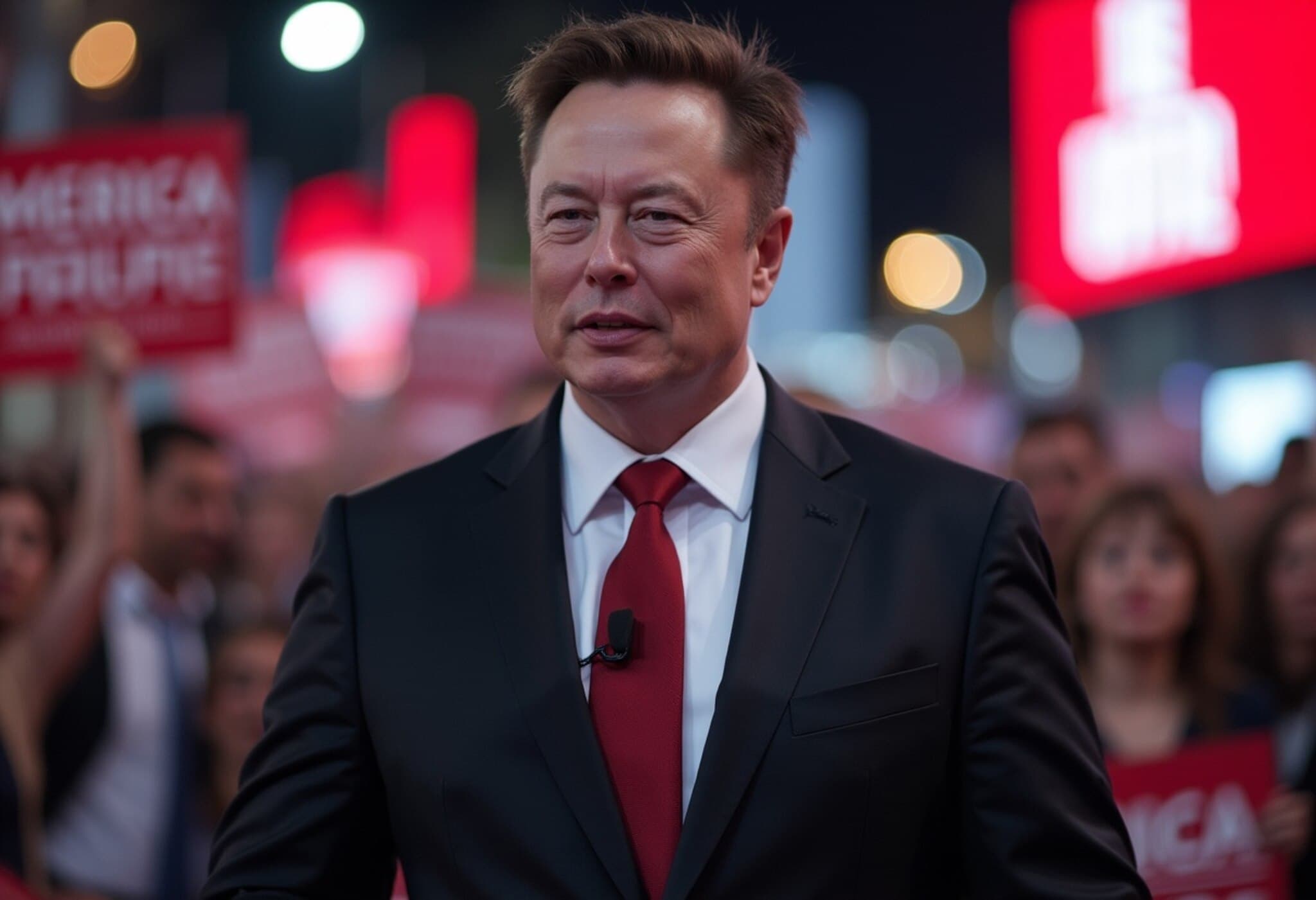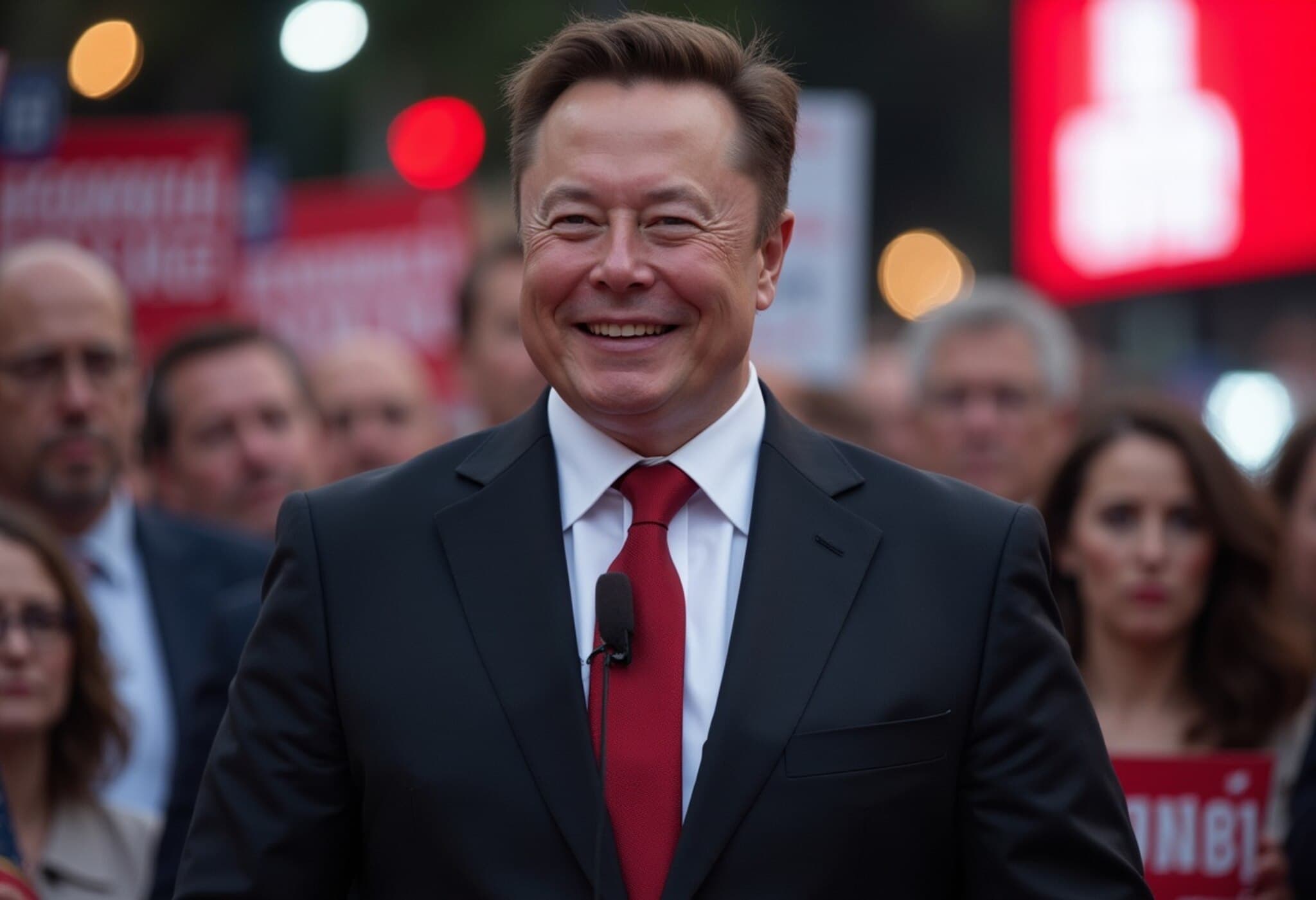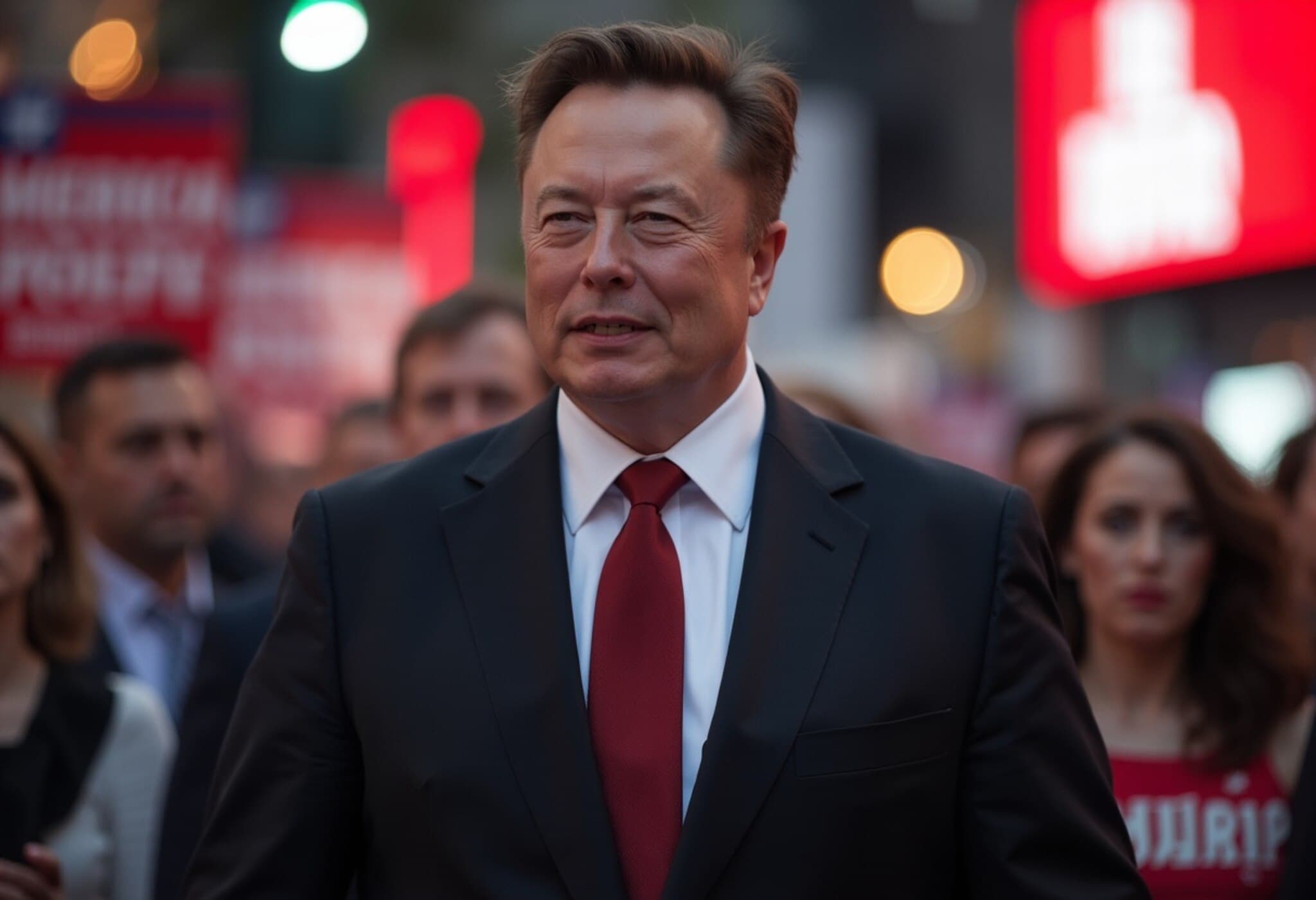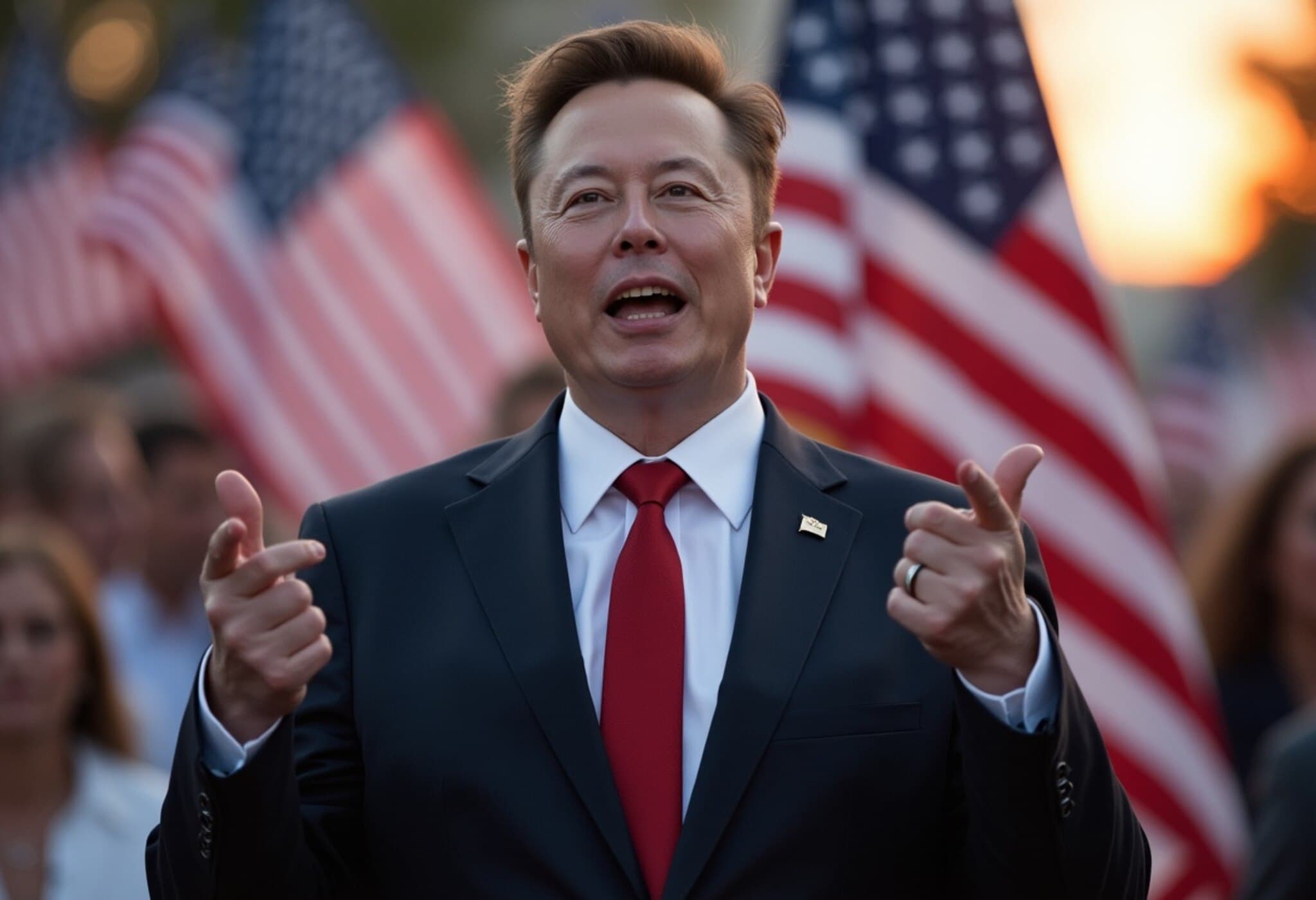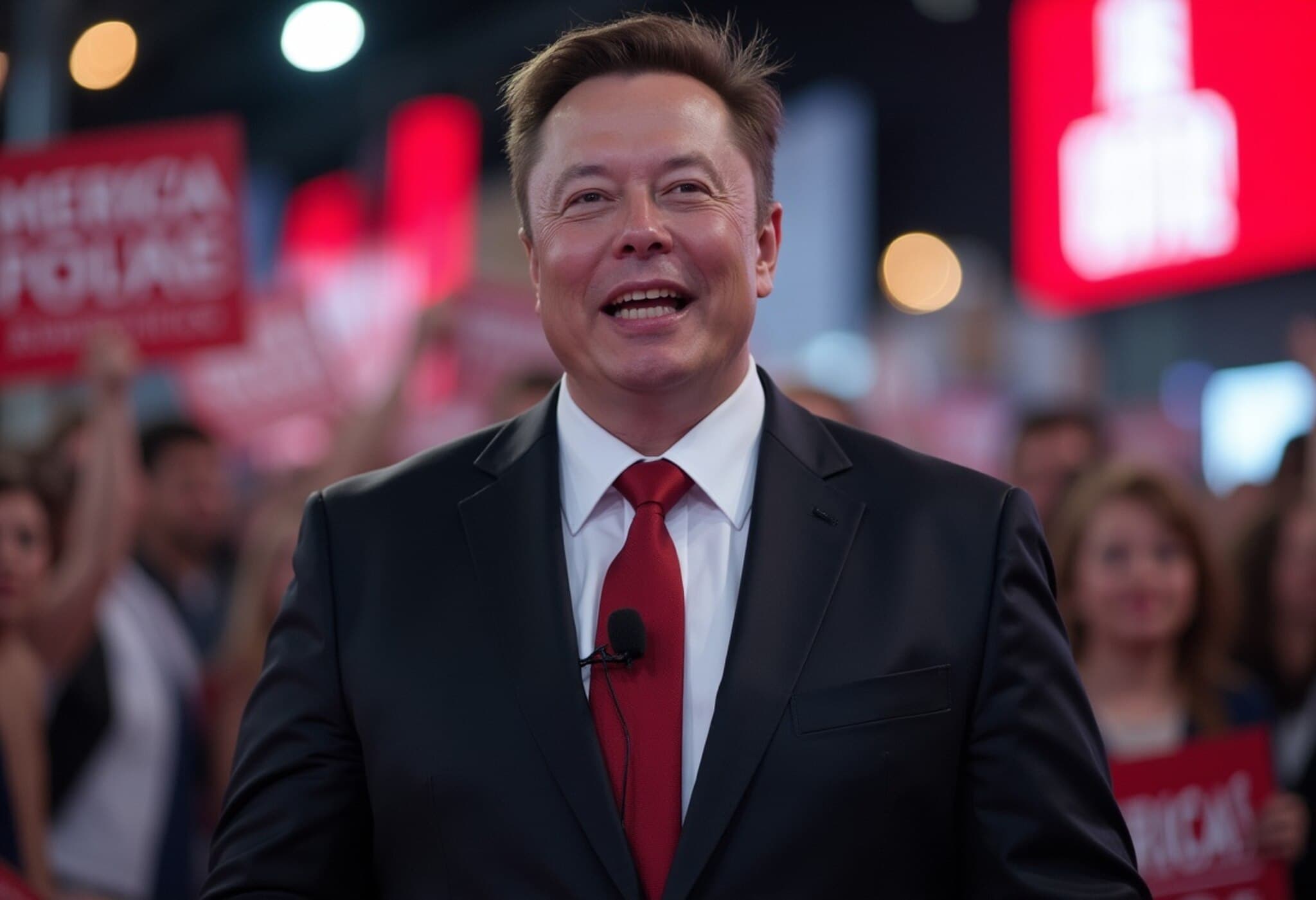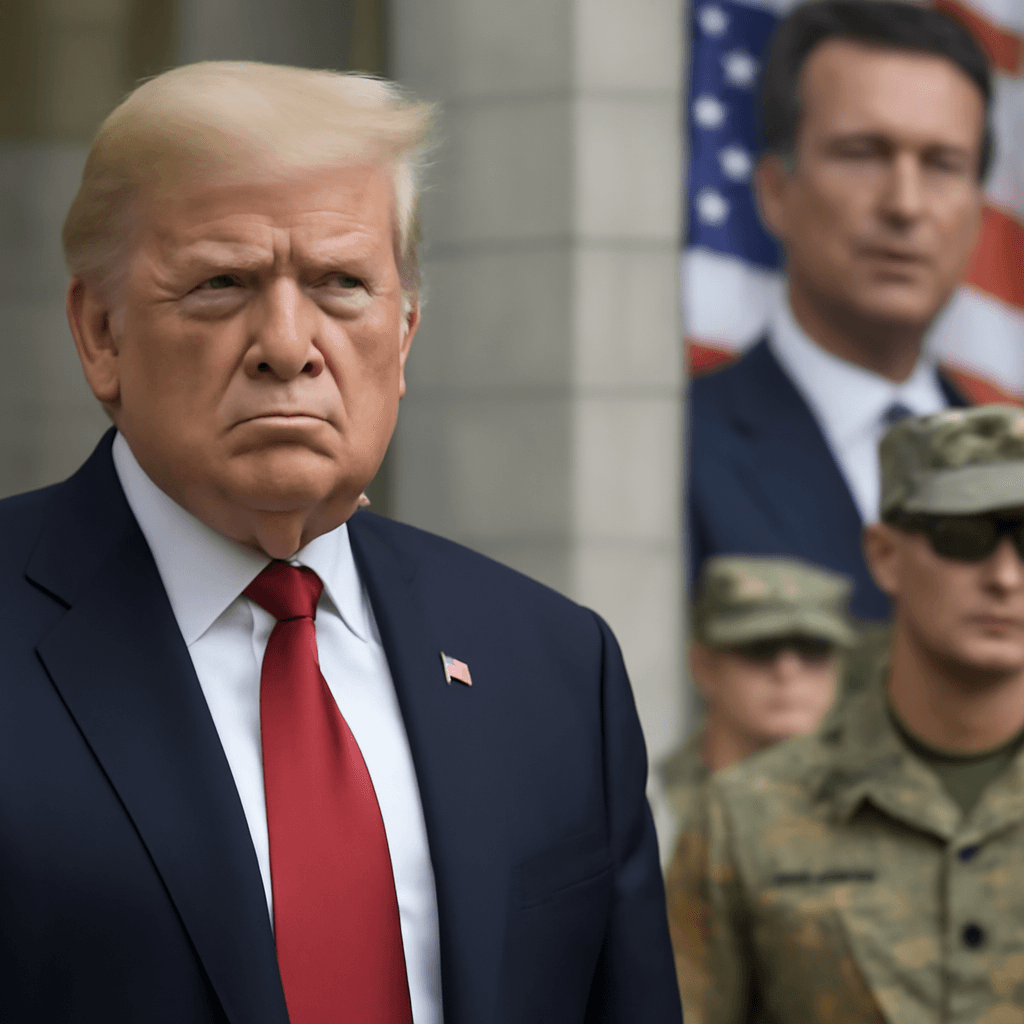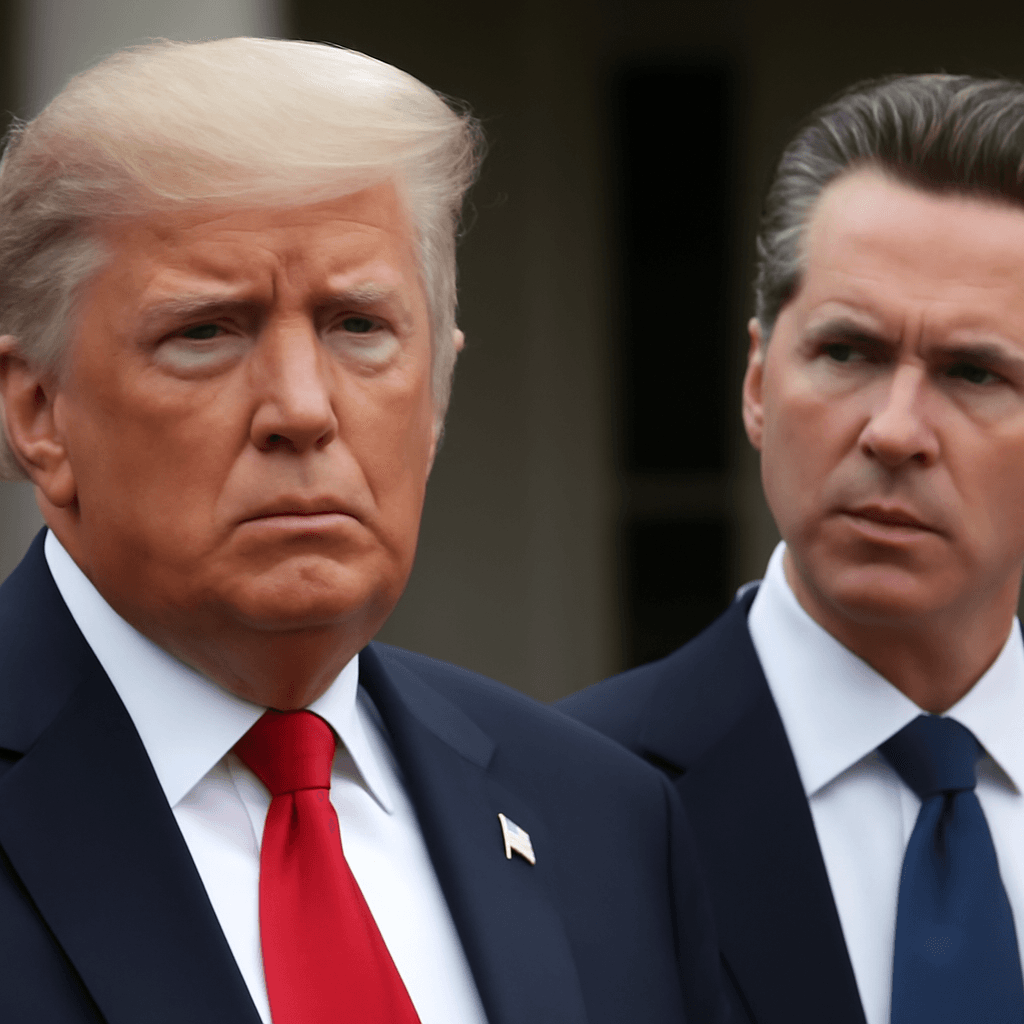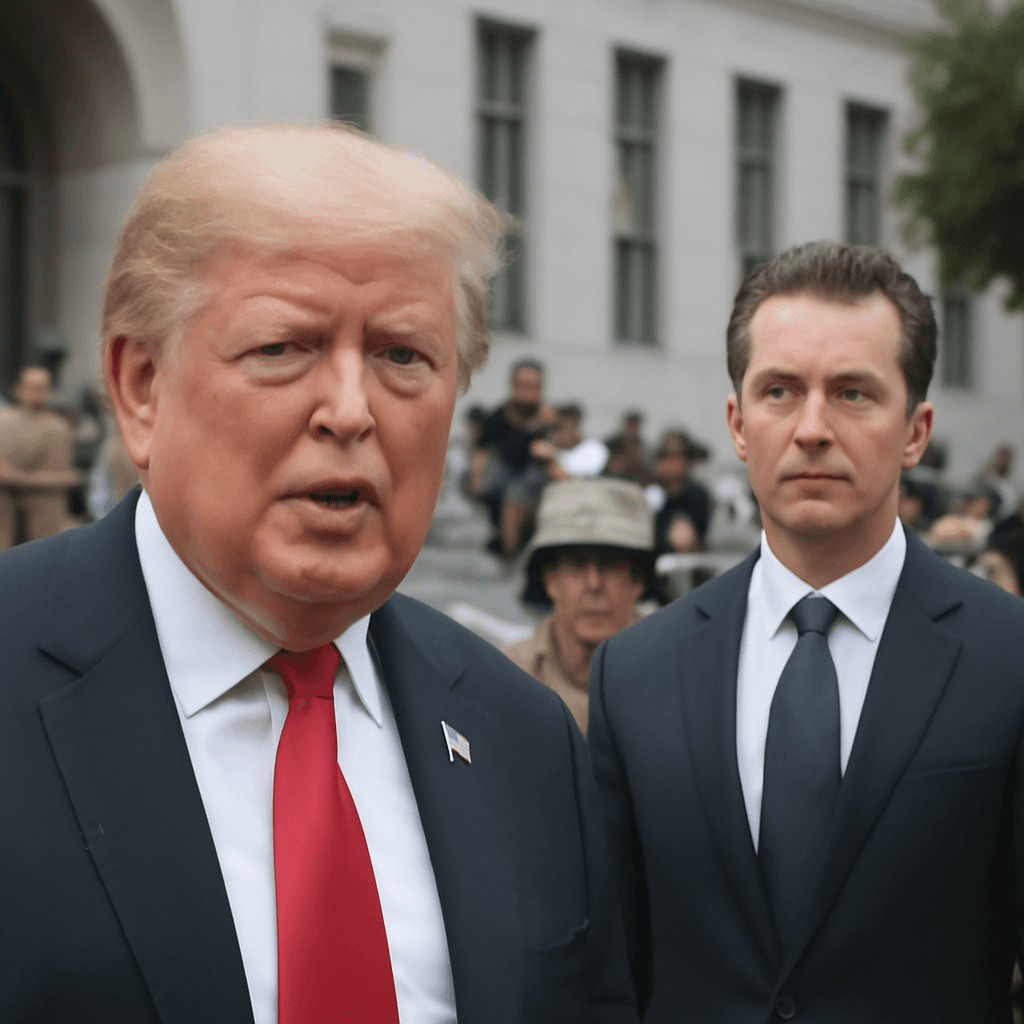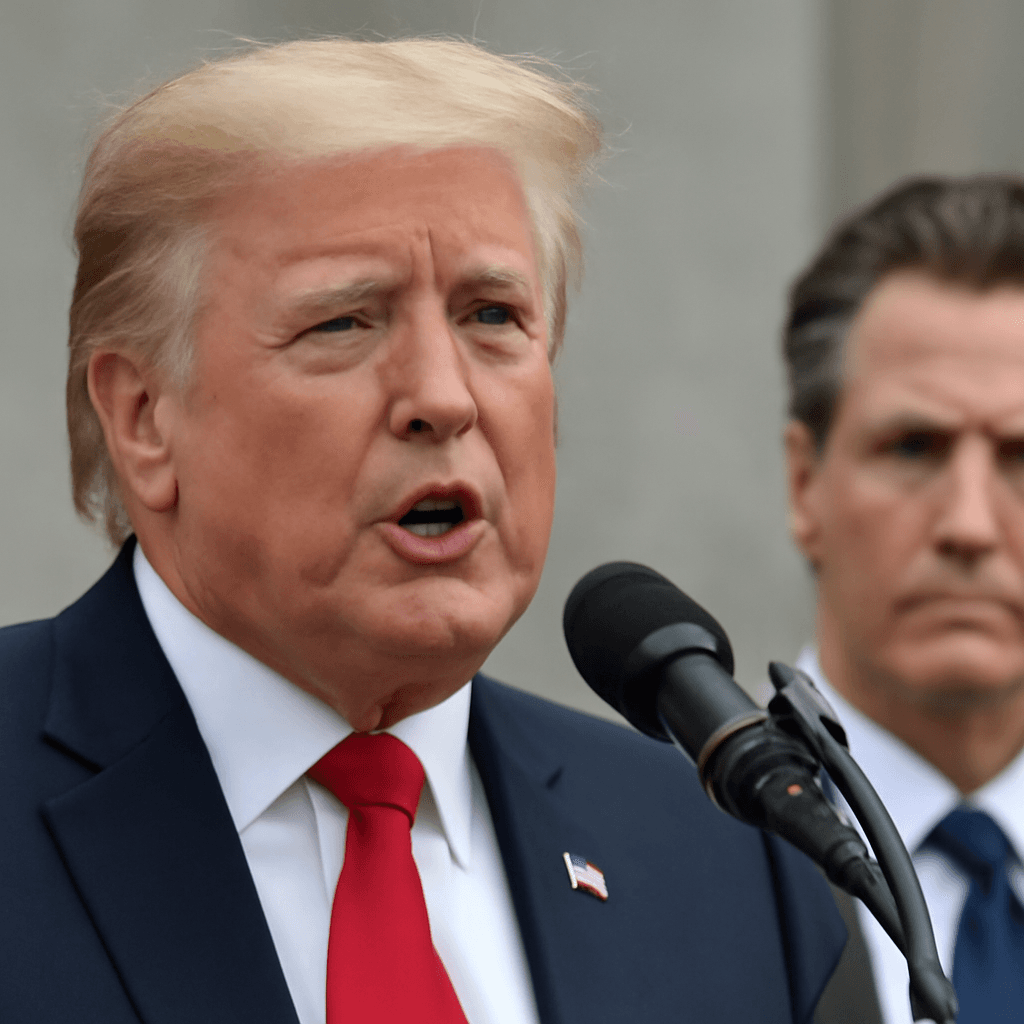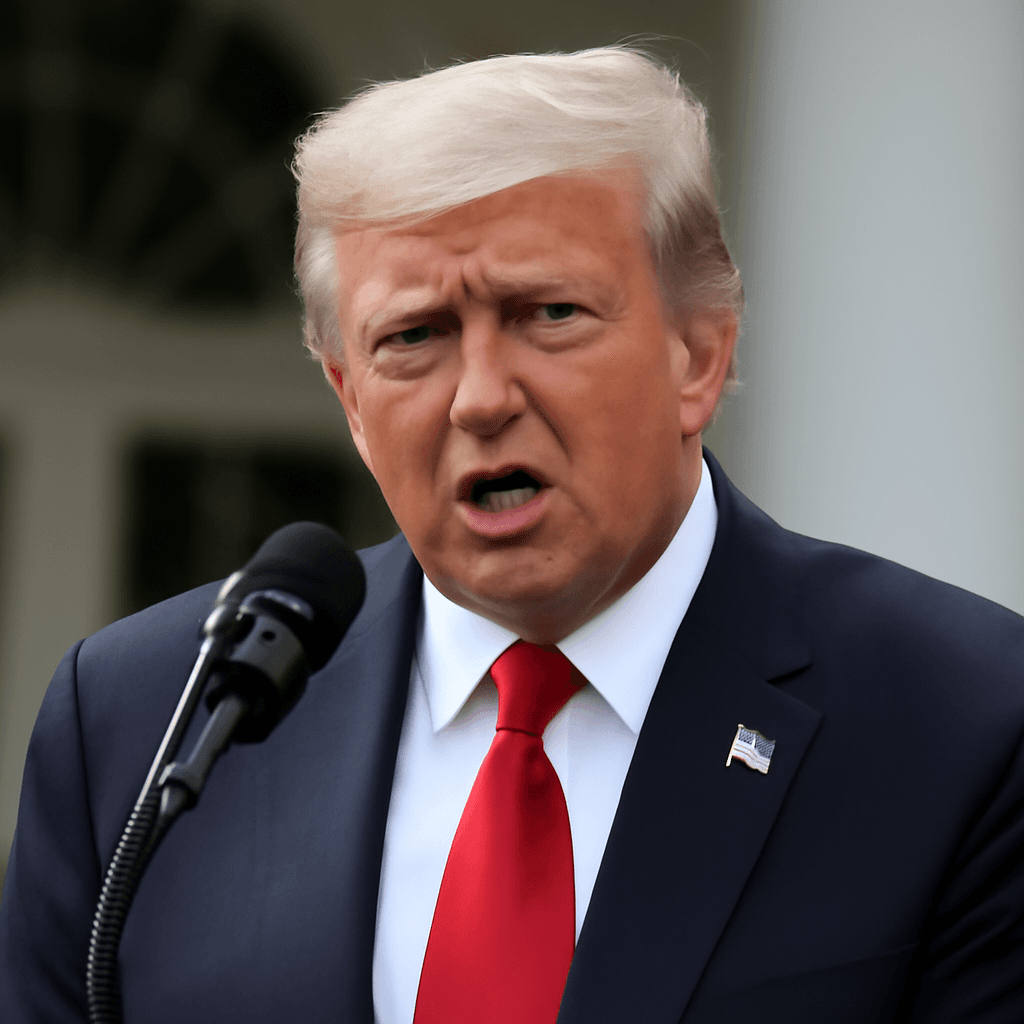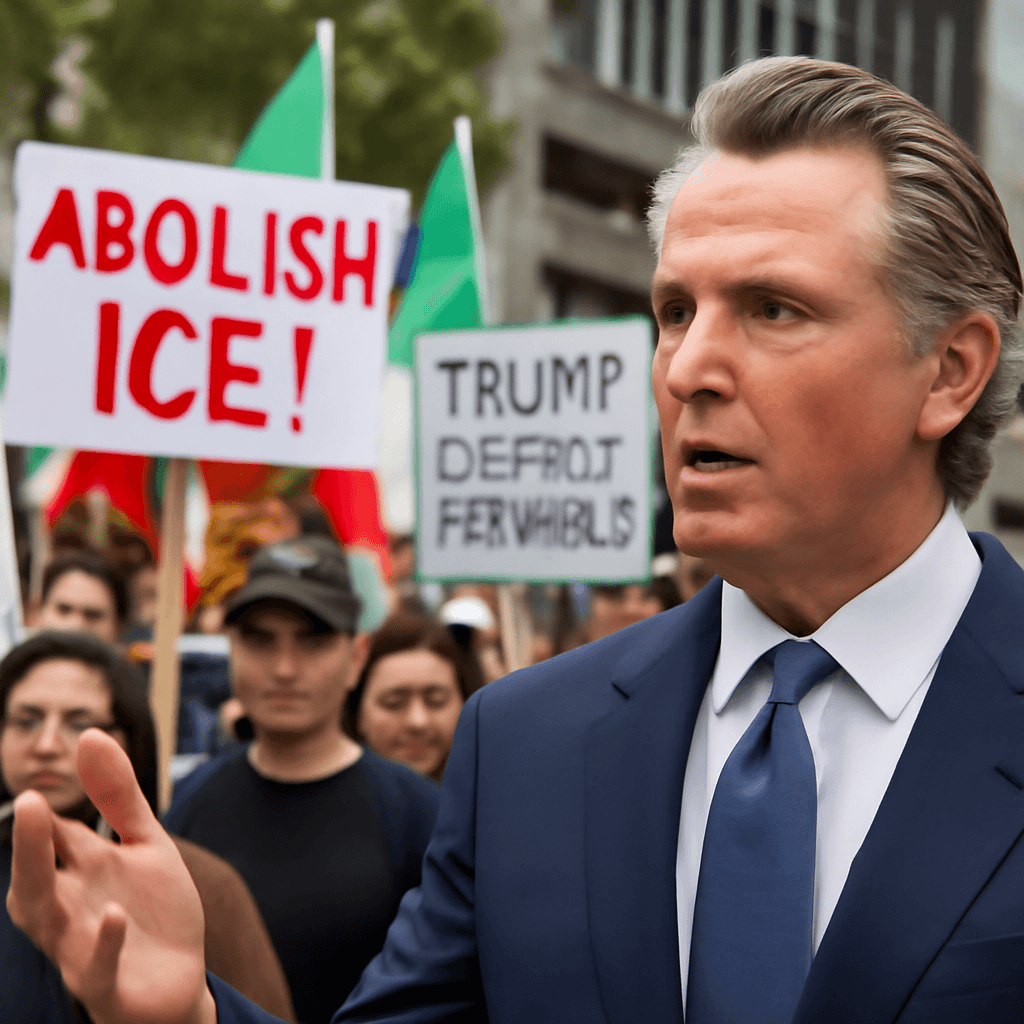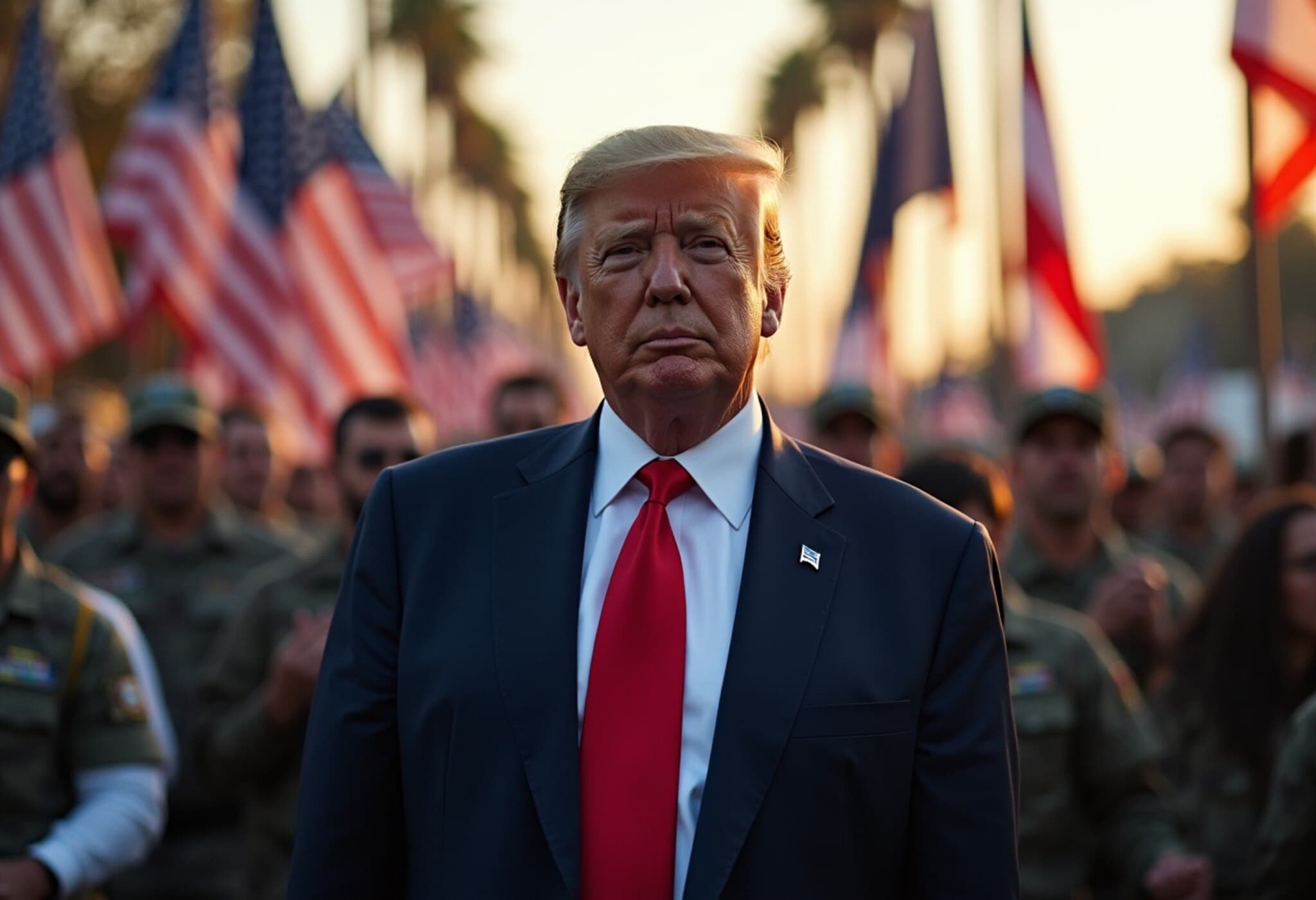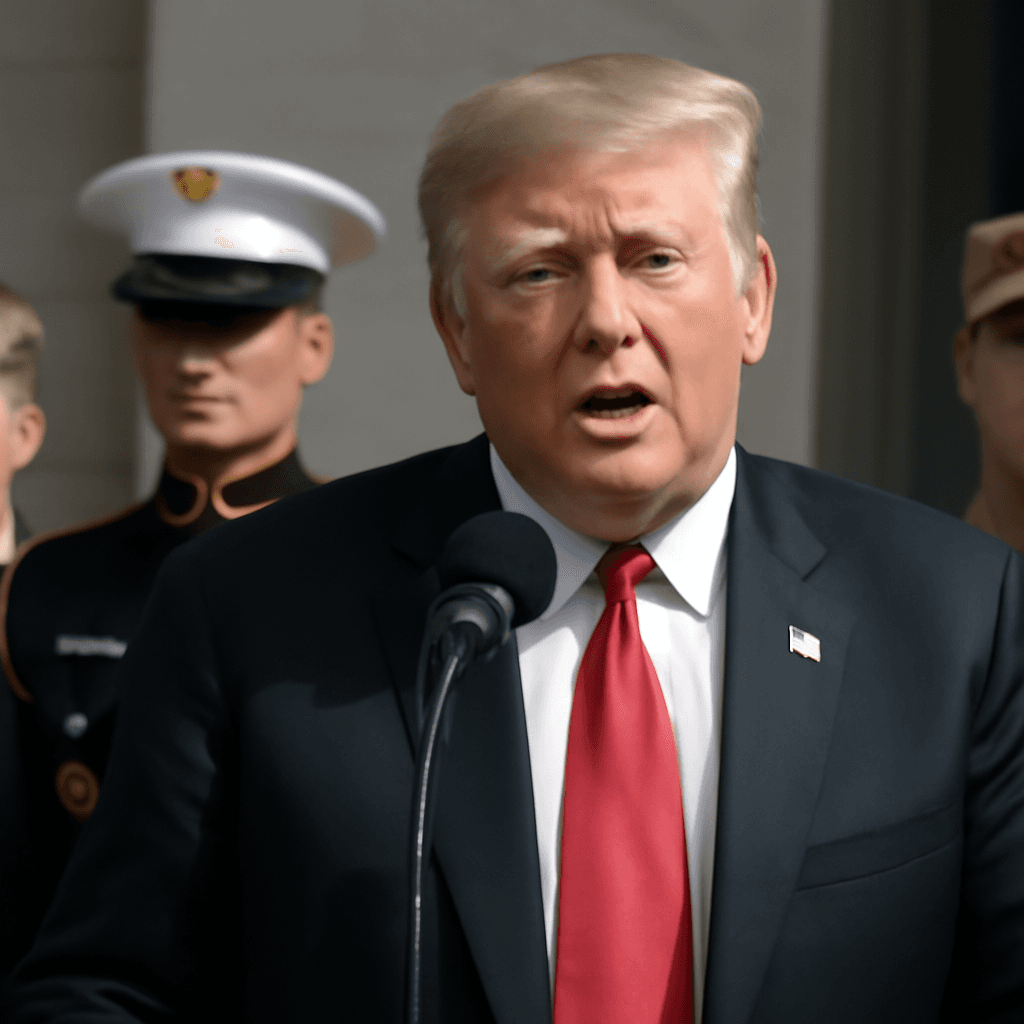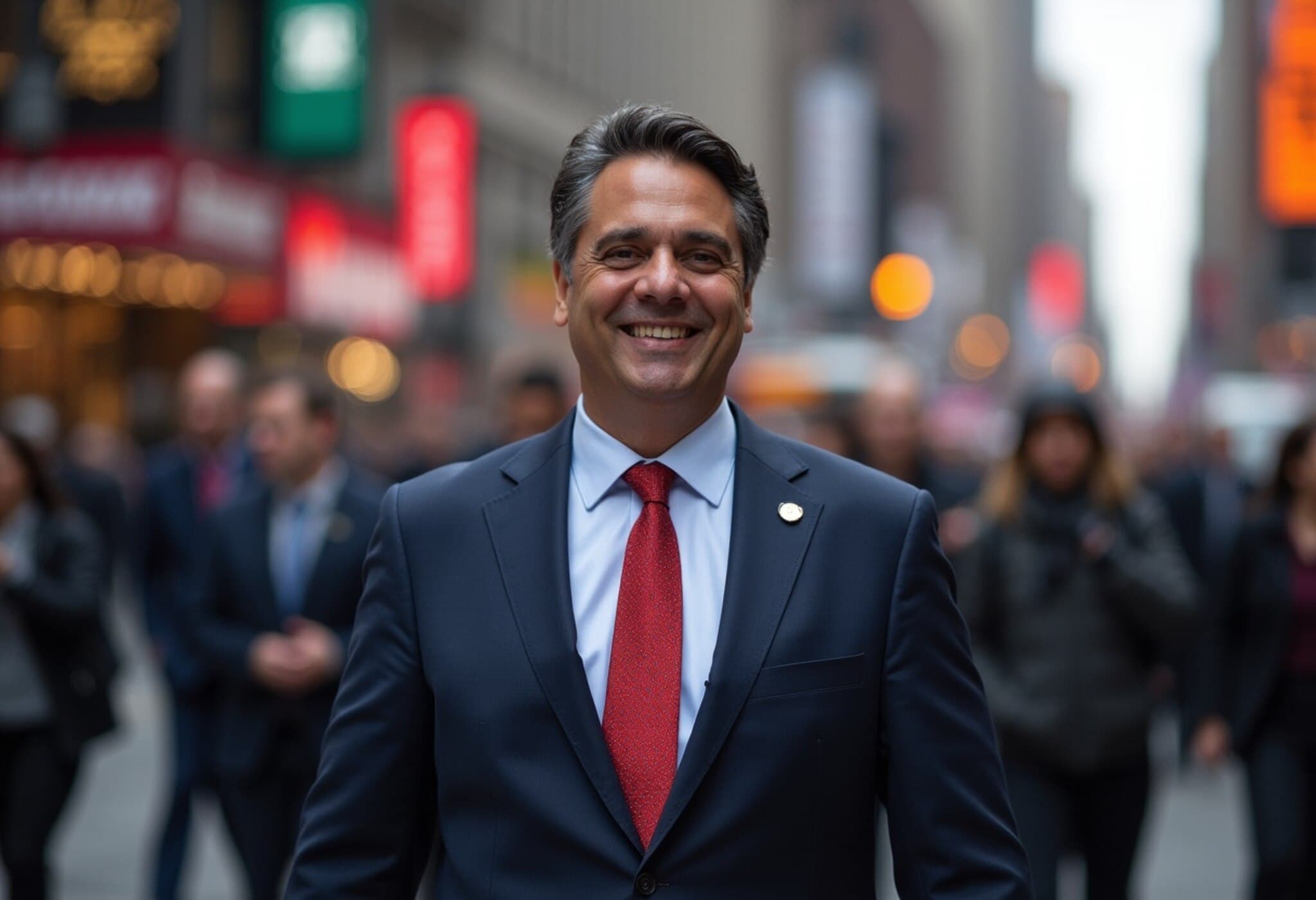California Governor Condemns Military Intervention in Los Angeles
Governor Gavin Newsom, leading the nation's most populous and politically progressive state, sharply criticized the federal government's deployment of military forces in Los Angeles. Describing it as an assault on democracy, Newsom portrayed the military presence as a component of a broader strategy by President Donald Trump to fundamentally alter the country’s political and cultural landscape.
Military Deployment and Political Tensions
On Tuesday evening, the governor addressed Californians directly, framing the federal response to protests following immigration raids as more than just public order enforcement. Instead, Newsom argued it was part of a deliberate "war" aimed at dismantling America’s democratic foundations and concentrating power in the White House.
Addressing the nation from a solemn setting with both the U.S. and California flags behind him, Newsom declared: “California may be first, but it clearly will not end here. Other states are next. Democracy is next. Democracy is under assault before our eyes. This moment we have feared has arrived.”
Accusations Against Trump’s Leadership
Newsom accused President Trump of waging war not only against political opponents but also against fundamental societal pillars such as culture, history, science, and the free press. He charged the president with undermining credible news outlets and attacking First Amendment protections.
Furthermore, Newsom highlighted attacks on judicial independence and law enforcement as part of a broader attempt to erode the structures that maintain social order. He called on Californians to respond with peaceful resistance, cautioning against complicity through silence or submission.
Legal Actions and Federal Response
Coinciding with his speech, Newsom filed a court motion seeking an emergency injunction to halt the military's involvement alongside federal immigration agents. The judge opted not to issue an immediate ruling, allowing the federal forces to continue their operations pending a hearing scheduled later in the week.
The Trump administration has mobilized over 4,000 National Guard troops and 700 Marines to Los Angeles, despite opposition from local and state officials. While the Marines have yet to be seen on the ground, the National Guard has maintained a limited role, focusing primarily on protecting federal properties.
Escalating Political Feud
The governor’s remarks capped several days of bitter exchanges between Newsom and the president. Trump has openly suggested that Newsom should be arrested if he attempts to obstruct federal immigration enforcement, comments the governor and others have condemned.
Over time, Trump has frequently targeted Newsom, mocking the governor with derogatory nicknames and criticizing his handling of crises such as California’s homelessness and wildfires.
Both leaders have clashed over the federal military intervention, with Newsom and Los Angeles Mayor Karen Bass labeling it an unnecessary and hazardous escalation while Trump warns of the need to curb violent protests.
Nationwide Protests and Potential Legal Implications
What began as demonstrations in downtown Los Angeles has since spread to cities including Dallas, Austin, Chicago, and New York City—where protests have led to arrests amid calls for justice and immigration reform.
President Trump has hinted at invoking the Insurrection Act, a wartime authority that enables the president to deploy military forces domestically to quell rebellion or enforce federal law during crises—a move viewed by many as a drastic escalation.
"If there’s an insurrection, I would certainly invoke it. We’ll see," Trump declared from the Oval Office, underscoring the unfolding constitutional tensions.

